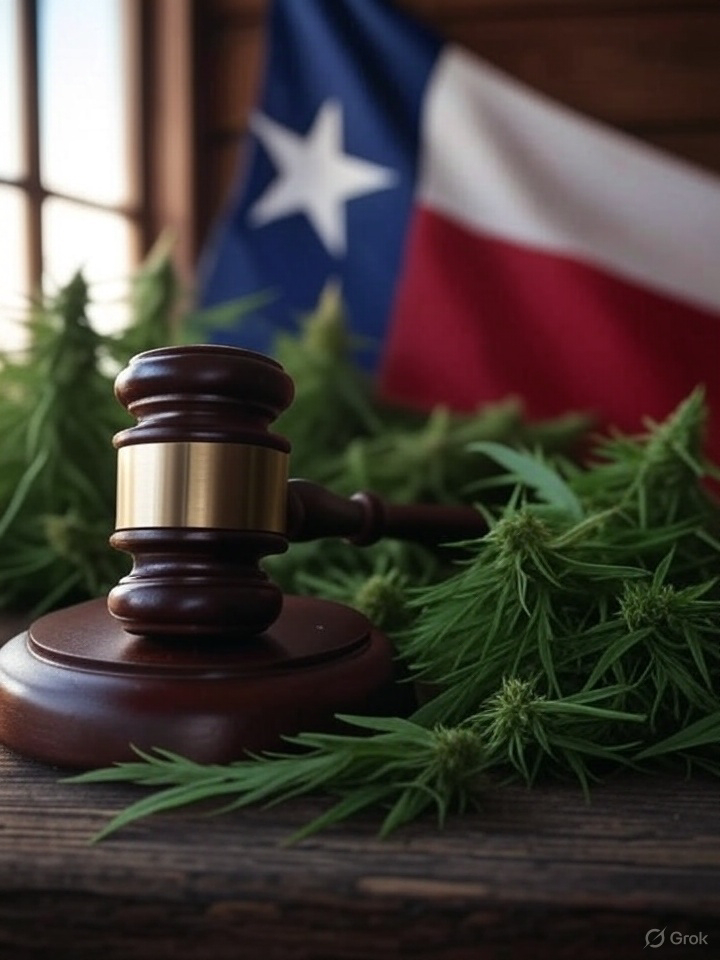Life After You Thought It Was All Over
When It All Crumbles: Finding Hope After Financial Despair
I’ve been there—or close enough to feel the weight. The bills stack higher than you can climb, the bank account’s a mocking zero, and the future looks like a black hole. For some, this is where the mind fractures. You’re not just broke; you’re broken. You start thinking, “If this is the end, why not go out with a bang?” A final splurge—steaks, Vegas, a reckless bet—before the darkness feels like the only way out. It’s a gut-wrenching phenomenon, and it’s more common than you’d think. But I’m here to tell you: even when you’re tumbling toward homelessness, debt, or despair, there’s a way back. I’ve seen it, and so can you.
The Crushing Weight of Financial Ruin
This isn’t just about money. Financial collapse is a mental health earthquake. Studies show that severe financial stress—like crushing debt or eviction—can spike suicide risk by 20 times compared to those without such burdens.[2] If you’re juggling multiple debts (think payday loans or overdue rent), your odds of attempting suicide jump from 1% to 5% in a single year.[7] Homelessness makes it worse: 1.1% of suicide victims were unhoused, despite the homeless population being just 0.2% of the U.S.[5] Add bipolar disorder or gambling addiction to the mix, and the storm intensifies. Manic highs can drive you to bet your last dollar on a “sure thing,” while depressive lows whisper that there’s no point in trying.
I know that spiral. Years ago, I watched a friend—let’s call him Jake—fall apart. He wasn’t diagnosed with bipolar then, but looking back, the signs were there. He’d swing from invincible, blowing thousands on sports bets, to catatonic, staring at eviction notices. When his savings vanished, he threw a wild “last party” at a bar, racking up a tab he couldn’t pay. He told me later he was planning to end it that night. What saved him? A stranger at that bar, a recovering gambler, who saw the look in his eyes and talked him into a Gamblers Anonymous meeting. That was Jake’s turning point. He’s not a millionaire now, but he’s stable, working, and alive—proof that rock bottom can be a launchpad.
The “Last Hurrah” Trap
Why do people do this? Why burn through what’s left instead of fighting? Psychologists call it “learned helplessness.” When every door seems locked—creditors calling, jobs gone, shame swallowing you whole—the brain can give up. For those with bipolar disorder, manic episodes can amplify this, fueling impulsive spending or gambling binges that feel like freedom but dig the hole deeper. Gambling addiction thrives on this cycle: the high of a win masks the pain, until the loss hits harder. The National Institute of Health notes that 40% of problem gamblers report suicidal thoughts, and bipolar disorder doubles that risk when untreated.[12]
But here’s the truth: You don’t have to stay in that cycle. The stories of people who’ve climbed out are like lighthouses in the fog.
Stories of Redemption
Take Cecilia and her husband. He was a high earner, but undiagnosed bipolar led to a $45,000 gambling spree—online poker, mostly—mixed with alcohol. They were days from eviction, and Cecilia was losing hope. “I thought we were done,” she shared in a forum post. But at the eleventh hour, he checked into rehab, got on mood stabilizers, and she joined Gamblers Anonymous. They consolidated their debt through a counselor, and he started freelancing as a graphic designer. Two years later, they bought a modest home. “It was tiny wins,” Cecilia said, “like paying one bill on time or skipping a bet.”[9]
Then there’s Mike, who went from homeless to multimillionaire. After losing his job and fiancée, he lived in his car, battling depression so dark he considered ending it. No gambling, but the despair was the same. He flipped the script by studying forex trading while couch-surfing, turning pain into focus. “Tough times build strength,” he now mentors others, proof that even without a mental health diagnosis, the path back is real.[20]
Or consider JM, who racked up £50,000 in gambling debt, fueled by what he later learned was bipolar disorder. Suicidal and anxious, he hit a wall when he saw his newborn son. He quit gambling cold, joined support groups, and took side hustles to pay off debt. Today, he’s buying his dream house. “I starved the chaos,” he said.[26]
Your Way Out
If you’re reading this, feeling like there’s no way out, hear me: there is. It starts with one step. Call the 988 Suicide & Crisis Lifeline—they’re there 24/7, no judgment. If bipolar’s in the mix, a psychiatrist can explore meds like lithium to steady the highs and lows. Gambling addiction? Gamblers Anonymous meetings (online or in-person) are free and full of people who get it. Financially, nonprofits like the National Foundation for Credit Counseling can help with debt plans. Apps like YNAB (You Need A Budget) can make money feel manageable again.
You don’t need to be a hero. Small wins—like skipping one bet, making one call, or writing down one goal—stack up. Jake, Cecilia, Mike, and JM didn’t have magic. They had grit, help, and time. You’ve got that too. Financial ruin isn’t your story’s end; it’s a chapter. The next page is yours to write.

Comments
Post a Comment